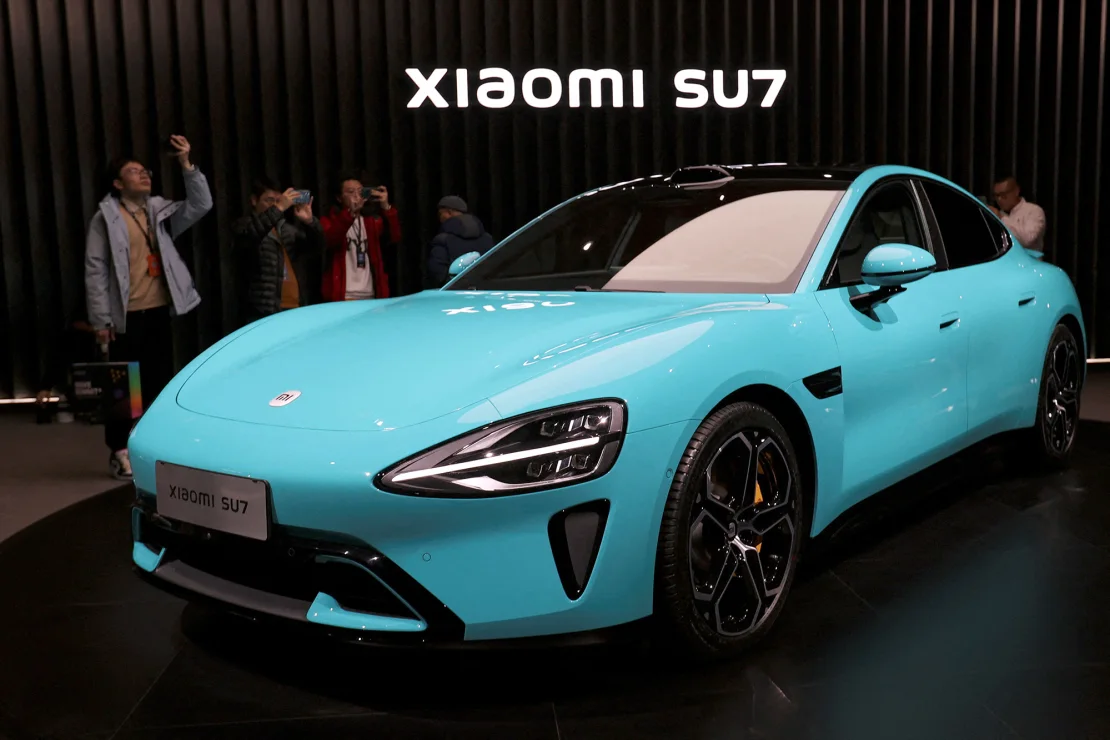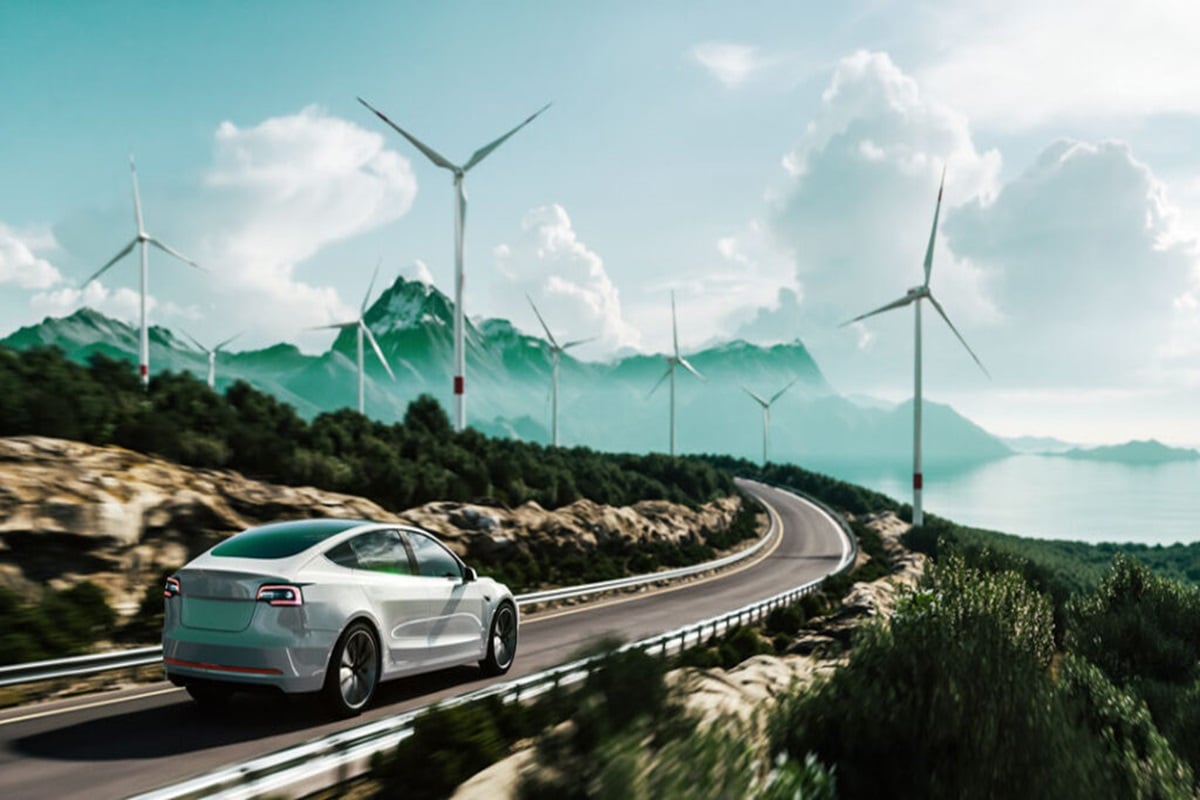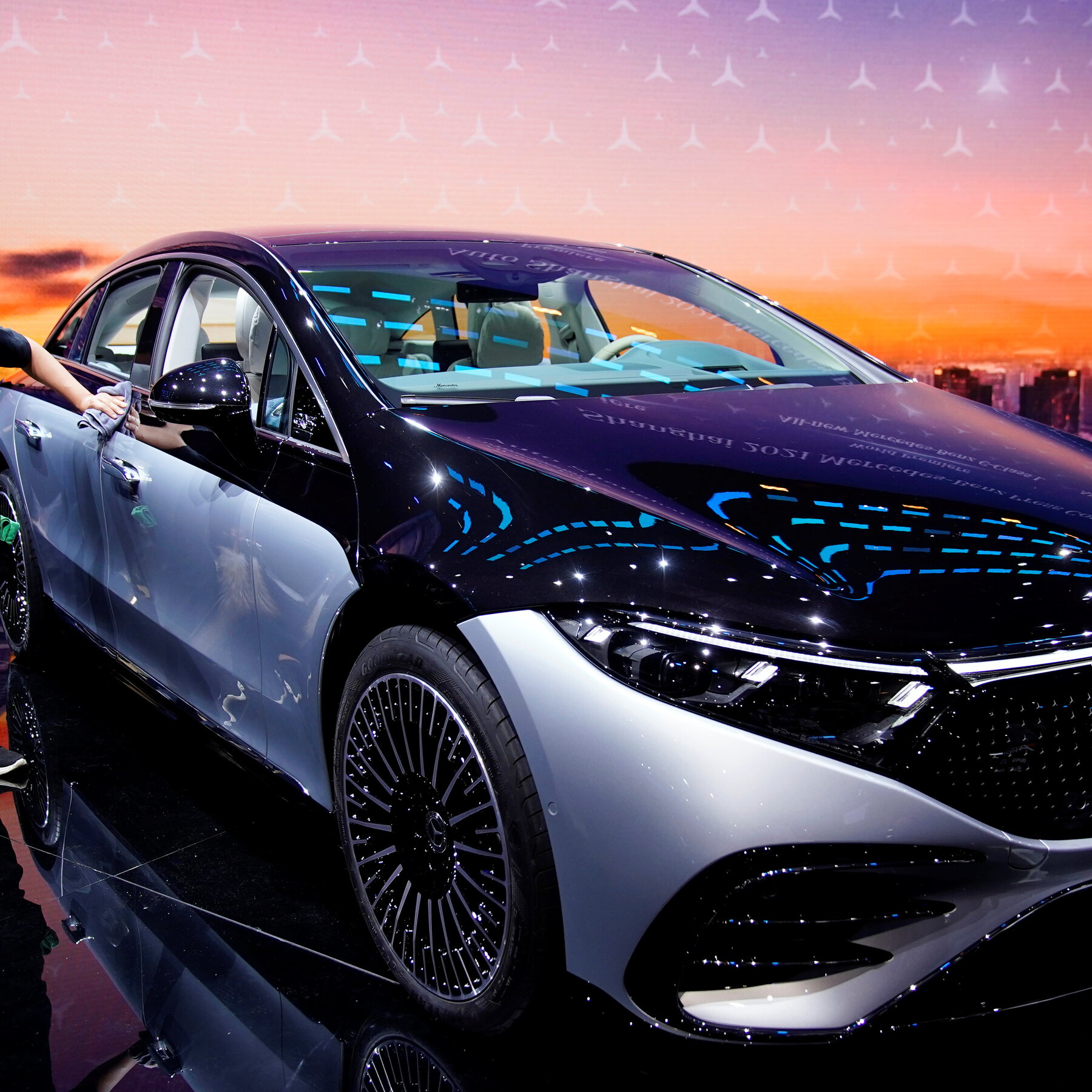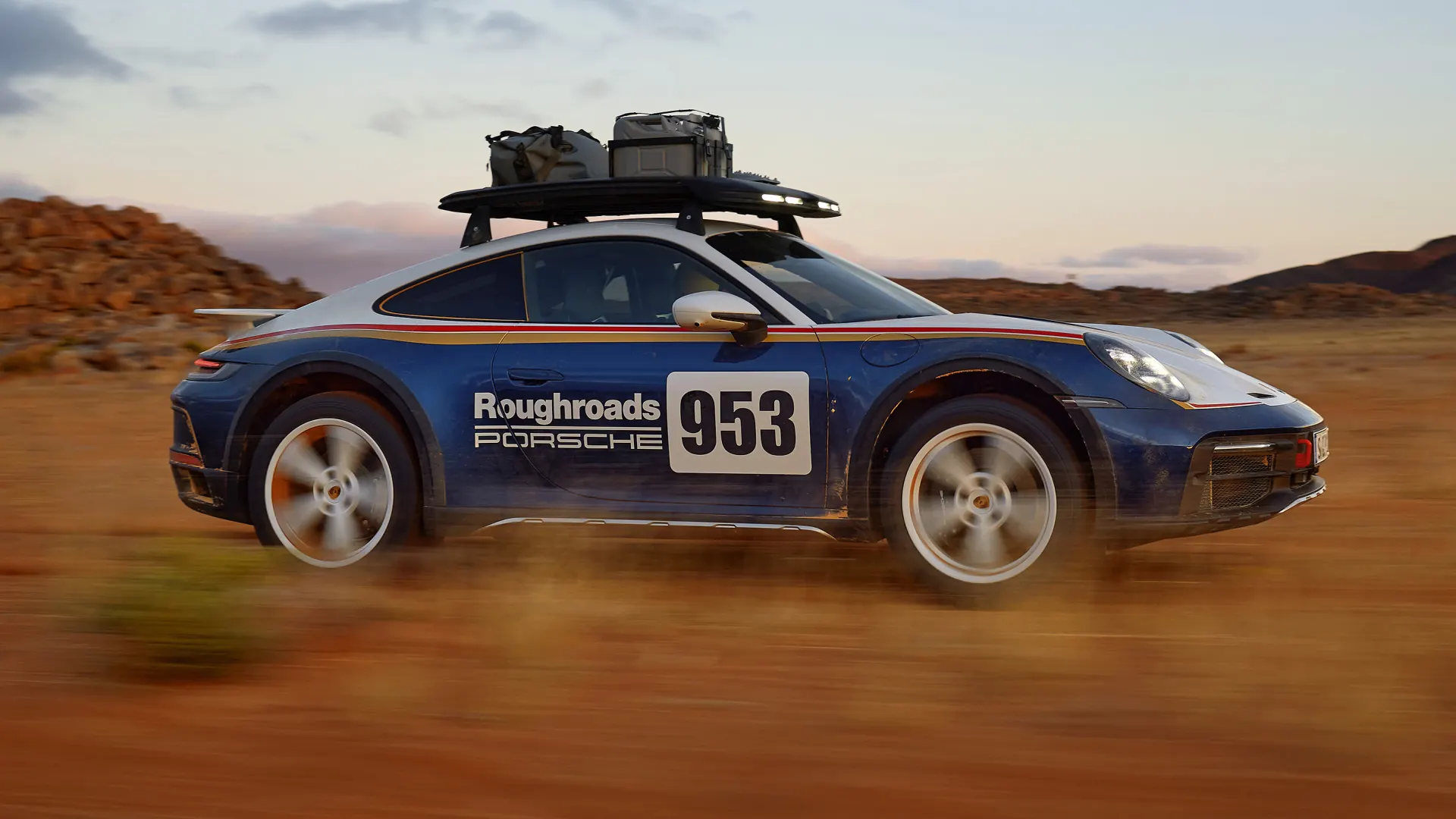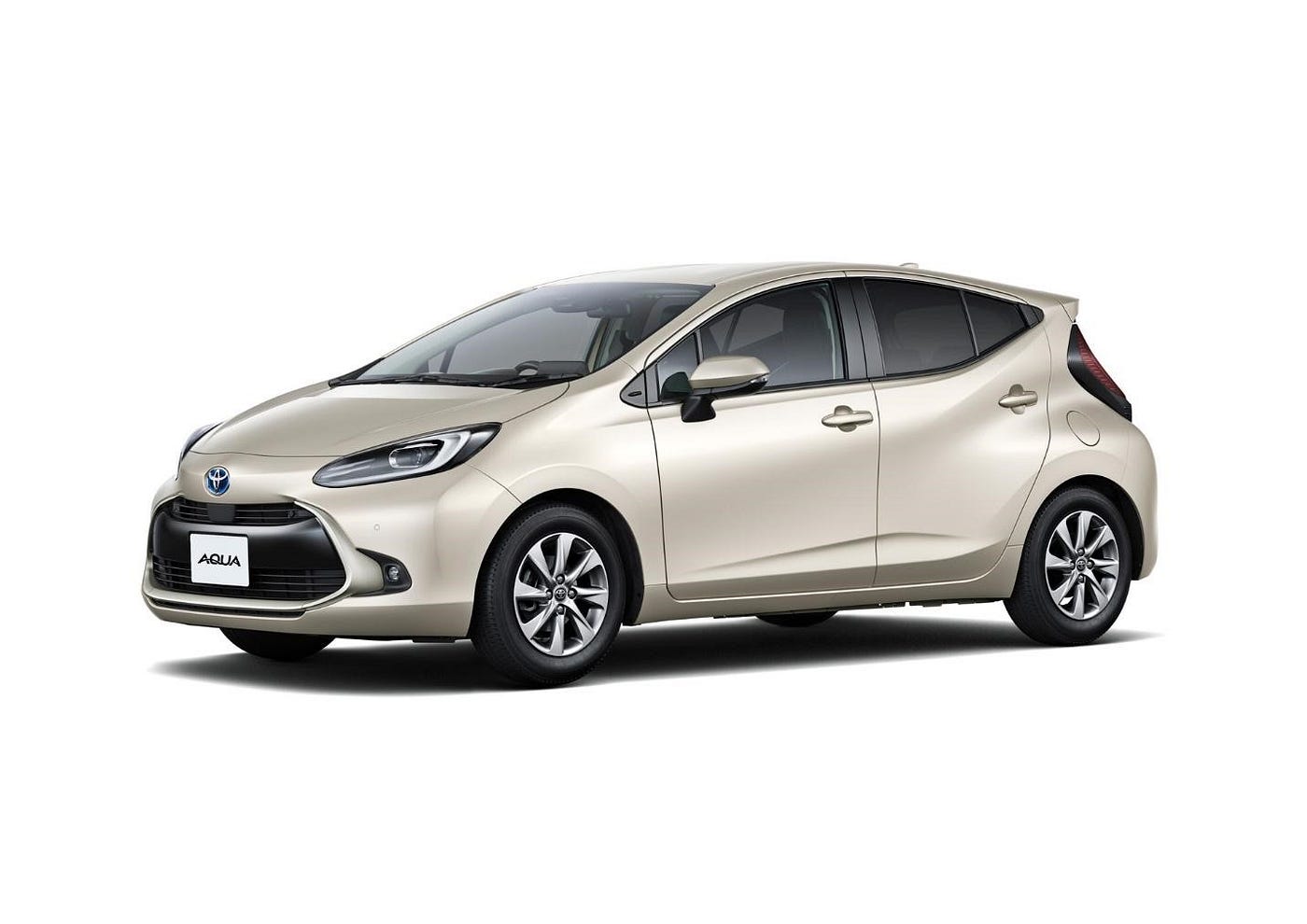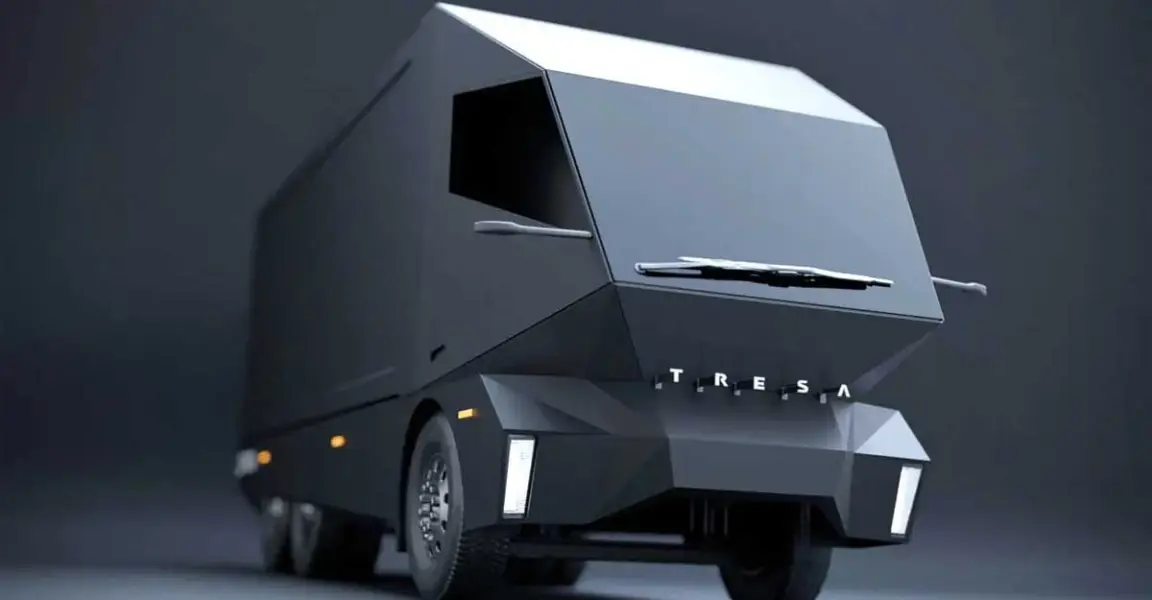Elon Musk’s Tesla company has been reducing the prices of its electric cars multiple times. Actually they are trying to get more people to buy their electric car. He really wants Tesla cars to be popular and well-liked. But it seems like Tesla is having some problems with this right now.
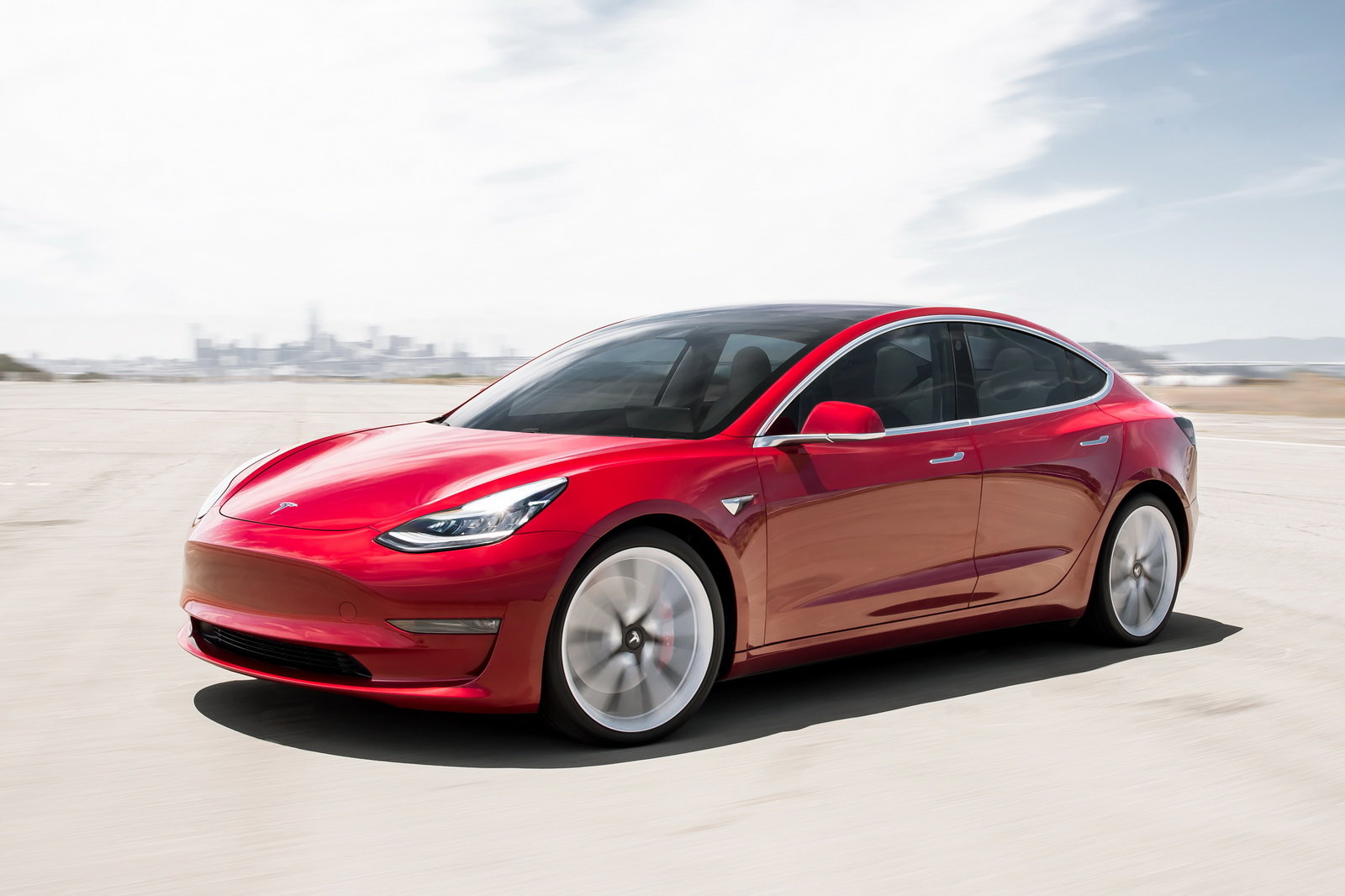
In the first three months of 2024, Tesla sold almost 386,000 cars in the market. That’s a lot of cars, but it’s actually less than they sold during the same time last year. This is bad news for Elon Musk and his popular Tesla Company. He wanted to selle more cars.
Tesla sold the fewest cars since the start of the coronavirus pandemic in 2020. In fact, they sold 20 percent fewer cars than they did in the last three months of 2023. During that time, they sold 484,560 cars. But Tesla had target to sell more electric car in the market.
Because of this news, the value of Tesla’s company went down by 5.2 percent in the stock market. That means the company lost about 30 billion USD in value. And this year, the value of Tesla’s shares has gone down by almost 33 percent.
Elon Musk often goes on TV or the internet to talk about Tesla’s new electric cars. He tells everyone about all the cool things the cars can do. But even with all this, Tesla is still having trouble selling as many cars as they hoped. We’ll have to wait and see what happens next for Tesla.
